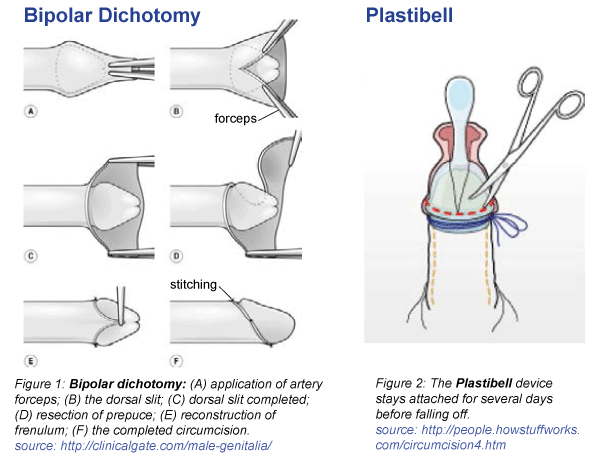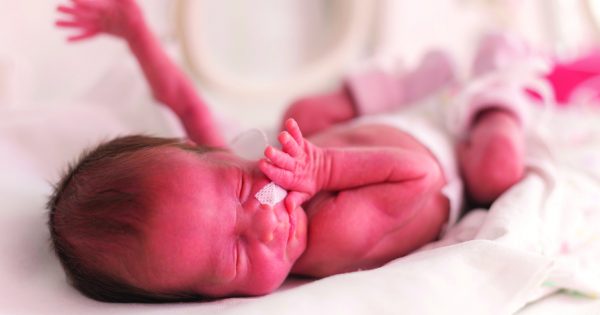Your baby boy is finally here! He’s healthy, you’re happy and before you can leave the hospital, there’s one important decision you need to make: to circumcise your baby or not.
For some families, the choice is simple because it’s based on cultural or religious beliefs. But to others, the decision may not be as easy. Parents need not be hasty, take some time to learn about circumcision before making the call.
What Is Circumcision?
Boys have a piece of skin that covers the end of the penis, called the foreskin. Circumcision is the surgical removal of the foreskin to expose the tip of the penis.
Why Would Your Baby Need To Be Circumcised?
There are three medical indications in which circumcision may be required:
Phimosis: the opening of the foreskin is very narrow, causing ballooning of the skin during urination.
Hydronephrosis: blockage of or obstruction in the urinary tract where the urine backs up into the kidney causing it to swell. It may be diagnosed before birth and in cases where circumcision is required, it will help prevent infection.
Frequent urine infection: Urine infection in babies occur when bacteria gets in the urine tract – from the skin around the genitals orrectum or via the bloodstream. It can cause infection and/or inflammation.
What Are The Benefits Of Neonatal Circumcision?
- Reduced penile problems such as irritation, inflammation, and infection.
- Less likely to develop penile cancer later in life.
- Prevents future infections.
- Post-care of your baby’s penis is easy when compared to doing it later.
What Are The Risks & Complications?
There is a low risk of infection involving the urinary opening. During healing, the opening is more exposed to the urine and faeces in the diaper but regular diaper change and good hygiene can usually prevent this from happening.
When Is The Best Time to Perform Circumcision on Your Newborn?
For babies, circumcision is most often done during the first few days after birth (neonatal age). Recovery may take longer if circumcision is done on an older child or adult. The risks of complications may also increase.
How Is The Procedure Carried Out?
Some parents choose not to circumcise their sons because they are worried about the pain the baby may feel. But don’t worry, two main types of local anaesthetic may be used and both are safe for baby:
- a topical cream (a cream applied on the penis) or,
- an injectable anaesthetic.
Here are some common surgical methods used to perform circumcision:

How Do I Take Care Of My Baby’s Circumcised Penis?
After the circumcision, the tip of the penis may seem raw and yellowish, this is normal. Wash your baby’s penis with mild soap and water every day. Change his diapers often so that urine and stool do not cause infection. Apply antibiotic cream to prevent infection.
You can also cover the penis with gauze which should be changed each time you change his diaper. Coat the gauze with petroleum jelly to keep it from sticking. In most cases, the skin will heal in 7–10 days.
Call your doctor right away if you notice any of the following:
- Persistent bleeding on diaper
- Swelling that does not rescind during healing process
- Fever
- Does not urinate within 12 hours after the circumcision
Parents ultimately should decide whether circumcision is in the best interests of their baby boy by considering all issues and understanding the risks and benefits that it involves.
An educational contribution by Malaysian Paediatric Association.







Comments